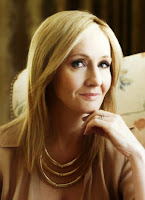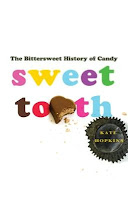In my over-organized way, I did plan a vacation at the end of this week. And now comes another tough job – I have to decide what books go with me.
This is no small task. My biggest fear is running out of something to read in a country where it is a bit more difficult to buy English-language books.
Now that I have a Nook, that isn't what I worry about. It is now much more about what books to load onto the tablet.
At this point, I have five in fiction, three in biography, four in non-fiction, four mysteries, and I even have eight "classics." Hey, those were free so don't judge.
But do I have enough? Maybe I'm too light on the mysteries – arguably my favorite genre. I do think I need one or two more.
You can laugh, but I've been known to read two to three books on long-haul flights. That's six books for a round trip. And sometimes you have to be in the right mood for a certain book, so having plenty of choice is a must.
I won't read anything about my destination, I've already been there and done that, so to speak. Half the fun of any trip is the planning. I do have to admit to odd research for this trip, including a lot of fiction. But I'll regale you with that while I'm gone.
Meanwhile, I think I need to hit BN.com again...












